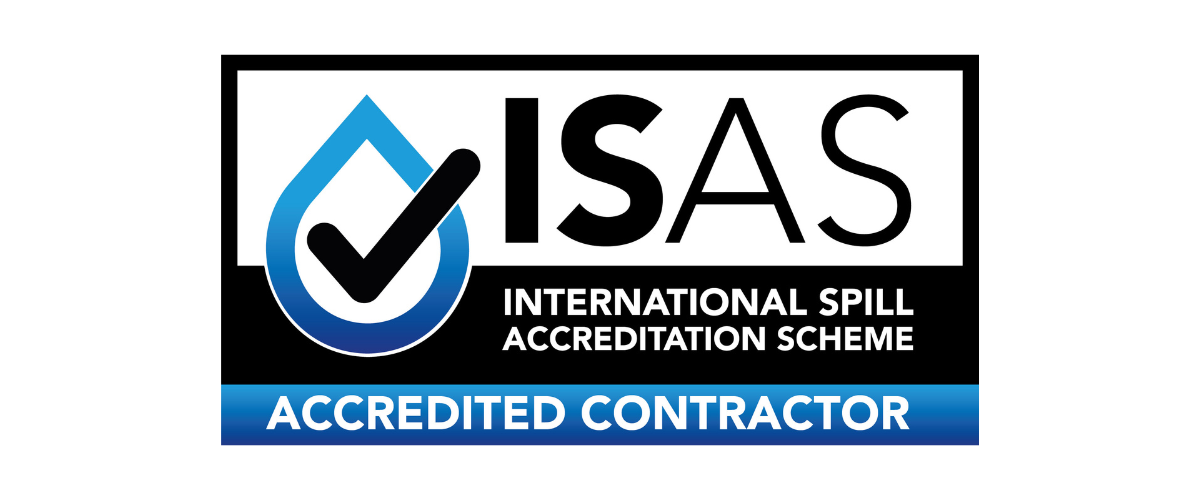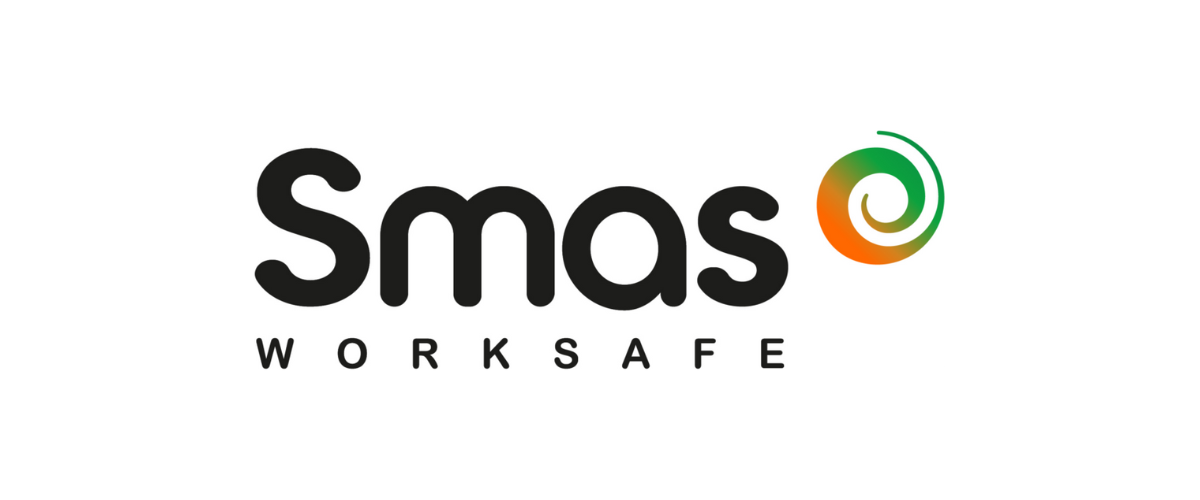ISAS-accredited Spill Response Training course where GPT can train key personnel to deliver spill response training so that they can distribute it through your workforce.
Spill Response Training
Train the Trainer
Spill kits are a vital part of pollution prevention, but their effectiveness relies heavily on trained personnel who understand both how to use them and the importance of environmental protection. Without immediate, trained action, a small incident can quickly escalate into a serious pollution event.
For large workforces or organizations with complex shift patterns, a Train the Trainer course offers a cost-effective solution to ensure consistent, high-quality spill response training across all teams.
This course equips key staff - such as Environmental Managers, Health & Safety Managers, Internal Trainers, and Team Leaders - to deliver spill response training internally. By the end of this course, your trainers will be equipped to deliver consistent, site-relevant spill response training across your workforce.
Key Details:
Each session typically includes both a classroom presentation and a practical demonstration. Key topics include
Training sessions are bespoke, ensuring your team understands the specific risks relevant to your operations, whether you work in distribution, manufacturing, food production, or other industries.
We understand that different sectors face different risks:
We tailor each training session to address the relevant hazards and controls appropriate for your site.
Oil Spill Training
For many industrial sites the main risk of pollution is presented by oils. We can focus our training to ensure we cover the range of health and safety risks posed by oils, from exposure causing injuries to skin such as dermatitis and more severe health risks such as cancer, to oils posing other risks including fire hazards for flammable oils such as petrol.
Chemical Spill Training
For most sites the highest health and safety risks in the event of a spill are posed by chemicals, certain sites will hold corrosives such as hydrochloric acid or caustic soda but even sites with less severe chemicals will pose a substantial health and safety risk. We will train staff to deploy chemical spill kits and use any other containment measures on site to reduce the chances of a spill causing injury and an environmental incident.
Foodstuff Spill Training
The damage posed by substances such as milk, cream, beer, fruit juice and glucose can be devastating to the environment. Naturally occurring bacteria break down foodstuffs entering a watercourse, using up oxygen in the water and leading to fish suffocating. It is therefore imperative that staff working on sites with pollution risks caused by organic spills understand the risks these substances pose, and how to contain spills in a safe and effective manner.
Our training follows environmental regulator recommendations, covering:
By providing professional, site-specific spill response training, GPT Environmental ensures your staff are ready to respond effectively, protecting your employees, your site, and the environment. Contact us to schedule a session for your team.















